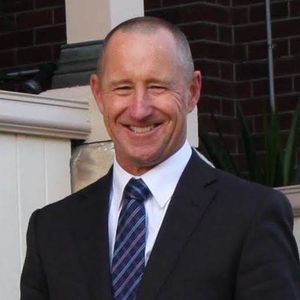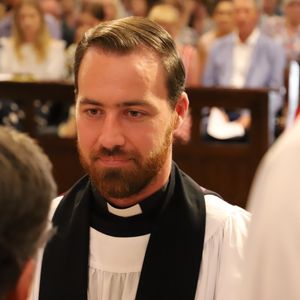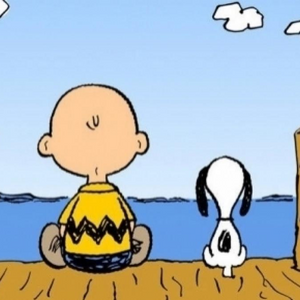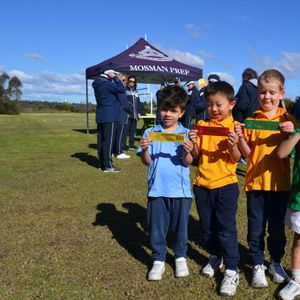Future Proofing
“Traditional education agendas are affecting innovation in schools and universities and leaving students unequipped for the challenges of Industry 4.0. The Advertiser July 2022”
I wonder if you listened to the broadcast last night from the newly upgraded Concert Hall of the Opera House? It was a ‘spine tingling’ performance of Mahler’s Resurrection masterpiece by the Sydney Symphony Orchestra. It celebrated the ‘Opening’, and the ‘90th birthday year of the ABC and the SSO. (you can view the concert on Iview).
As I listened to, and watched, I reflected on how the diversity of learning, skills and performance of the musicians and designers came together to produce such a spectacular outcome.
This is what we crave for our boys in their lives, now and in the years ahead!
I love the fact that they can engage in activities such as the kitchen garden program at Terrey Hills. In this program, they can read recipes, calculate measurements, discuss costing and budgets, learn about sustainable living and environmental impact, communicate, work collaboratively, experiment, critique, negotiate and reflect - not to mention taste their creations and broaden their understanding of healthy eating!
Additionally, at Prep we seek opportunities to engage students in real-world and personally meaningful projects, where critical thinking, problem solving, collaboration, and various forms of communication are developed alongside important knowledge and skills.
Dr Andrew Bills, lecturer in educational leadership and management at Flinders University, suggests the focus on a “NAPLAN-centric measure of school quality” does not align with the digital age and the subsequent demand for the skills and capabilities young people require to adapt to a rapidly changing world.
The conventional curriculum is based on a collection of separate subjects. However, our boys learn best when they understand how their learning experiences connect with each other and also with the world around them. Connection, relevance and purpose are important to boys.
Education is really about enabling students to understand the world within them that exists only because they do, and the world around them. There is also a new and urgent challenge: to provide forms of education that engage young people with the global-economic issues of environmental well-being.
It is almost impossible to predict the direction of advancing technologies, and where they will take us. However, attending to eight core competencies that, if properly integrated into education, have the potential to empower students who leave school to engage in the economic, cultural, social, and personal challenges they will inevitably face in their lives.
These competencies are curiosity, creativity, criticism, communication, collaboration, compassion, composure, and citizenship. It is important that they are interwoven from the beginning of a student’s educational journey and nurtured throughout, both at school and at home.
Peter Grimes | Headmaster
References:
What Is Education For? - Sir Ken Robinson and Kate Robinson - Redesigning education for the future (March 2022) Link - Edutopia/article/what-education
Fearless Conversation on Innovation in Education – The Advertiser (July 2022) Link - Be brave: call to change education agenda













